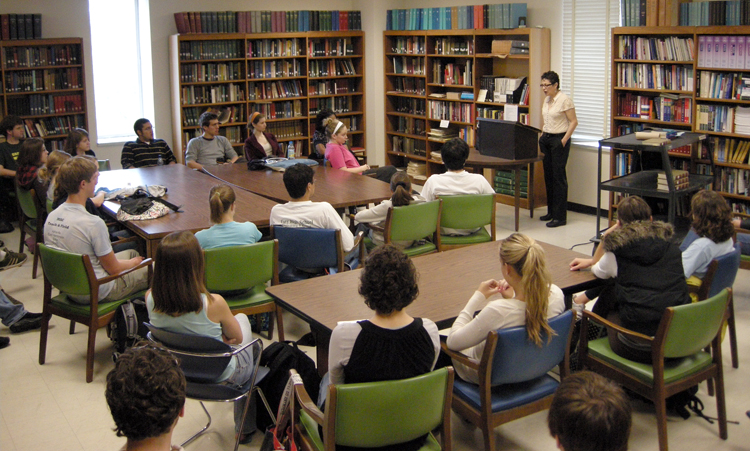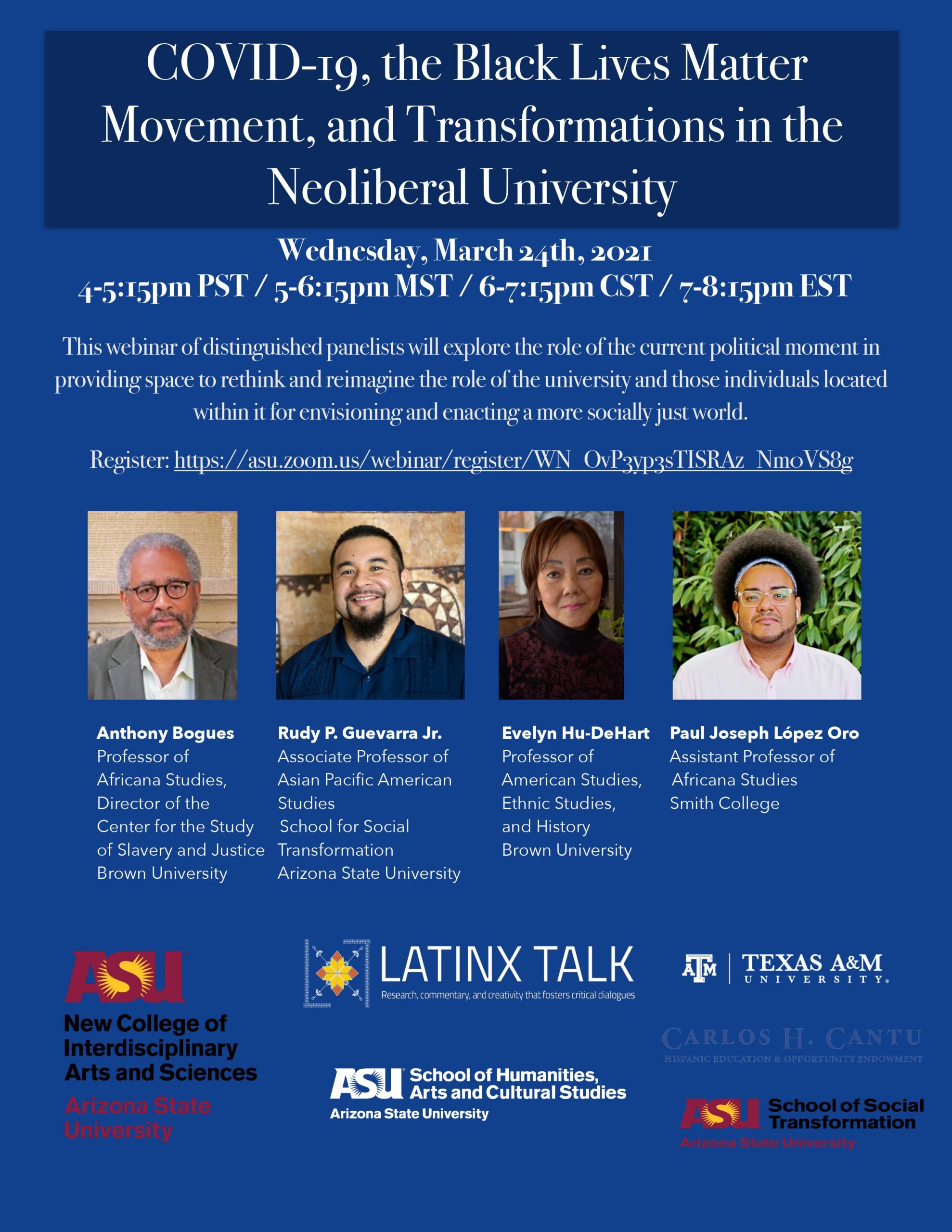Maybe I’m putting the worst construction on it.
Why do undergraduates major in creative writing? Surely many dream of being writers. And no doubt some are looking for a relatively breezy route to their Bachelor’s. And then some want to be college professors.
Actually, it occurs to me all these motivations could sit together pretty comfortably.
My fear? That the dream of being a professor — an unlikely proposition — motivates a lot of them, and that I implicitly encourage it.
 The creation of my position, tenure track in poetry writing, depended on students taking up creative-writing study. That my university — a school of about five thousand people — should need a tenured poet! It’s easy to imagine a school this size having literature faculty teach creative writing. My colleagues would do so energetically and certainly well enough to meet the needs of our students. It’s even easier to imagine a place this size having a single creative writer, one who covers all genres. But no. Creative writing is popular.
The creation of my position, tenure track in poetry writing, depended on students taking up creative-writing study. That my university — a school of about five thousand people — should need a tenured poet! It’s easy to imagine a school this size having literature faculty teach creative writing. My colleagues would do so energetically and certainly well enough to meet the needs of our students. It’s even easier to imagine a place this size having a single creative writer, one who covers all genres. But no. Creative writing is popular.
Even so, the maintenance of my position depends on students continuing to choose the major. In lean years, I must actively recruit so my classes will “make,” as we say here. (The euphemism calls to mind a child mastering his or her body functions. Faculty ask each other in the hall, Did your class make?) And the result for a professor whose classes don’t? Composition, general education classes. Eventually tenure lines get cut.
So a Ponzi scheme — one with two levels.
Students who want positions like mine, the next level up, become investors. And in order to continue in my position, to “pay myself,” I need to maintain an influx of them . . . even though I know most will never realize profit. They will get a decent undergraduate education, and of course that is important. But the dream that motivates many – that profit – is, by a function of numbers, very unlikely.
And I tell them how unlikely – tell them gently and encouragingly. Gently and encouragingly because I know my job depends on them taking my classes? Gently and encouragingly because peeing on someone’s dreams is hard, and I’m bad at it, and because, finally, what do I know? These young writers are talented, some of them, and I don’t pretend to be sure what kind of growth anyone is capable of.
So I tell my students how hard it is, how the profession is shifting toward contingent faculty. I point to my own qualifications, which are reasonable, and still how very lucky I was to get this job. I note that I was up for another job, too, and had I gotten that one, I’d be living out in rural Missouri right now – a particularly dismal prospect for a single gay man. And, I say, I’d be lucky to have that job, too. I also point out where my colleagues’ degrees are from; there are ivy leaguers, undergraduate and graduate, up and down the hall. My students don’t know it, but they are already in a kind of academic caste. Our university is a fine school, but not a prestigious one. And I do more than this. I put together panels of writers with other jobs – editors, office workers, even a particularly well-published plumber I know.
But here’s the catch: nothing I say or do is as powerful as my example. What the students see in the classroom is a performance, of course – but a happy one. It’s happy because I teach at a tuition-driven institution, and we are directed from all sides to welcome our students. Happy works; it’s the ethos of the school. But happy also because I really love being in the classroom. Students don’t see the unhappy stuff – mountains of grading, meetings and more meetings. They don’t see the amount of time I spend alone, must spend alone to do my job competently: writing, reading, grading. They don’t see how this academic life has forced moves I didn’t want to make, and that, for eight years of post-undergraduate schooling, I made no money, and that I now make far less than any of the professionals I know. Hey, I’m not complaining; I love my job. I feel incredibly lucky to have it. Really. But not naively so. This is a good ride, but it’s not the only ride out there, and you don’t have to be on this particular bus to write.
A colleague recently told me that teaching, unlike most jobs, cannot be said to harm the world. Perhaps she’s right: teaching is largely carbon-neutral. And most students experience a significant liberalizing – an ability to read and articulate more clearly, and a widening of the subtleties of thought which enriches the experience of life. So maybe that even helps the world. I’m not saying students get nothing out of creative-writing study.
And, of course, not all of them dream of being professors.
But can I really expect an undergraduate to concentrate on creative writing without fostering some hope based on the readiest model to hand, their professors, especially if the job looks fun – if I make it look fun? And then, every year, half a dozen (or more) of my students apply to MFA programs. With trepidation, I ask about their job plans. I regularly hear that they can’t picture any life other than being a professor.
Haven’t I implicitly fostered a largely unrealizable a dream — and profited from it?
What else to call that but a Ponzi scheme?


